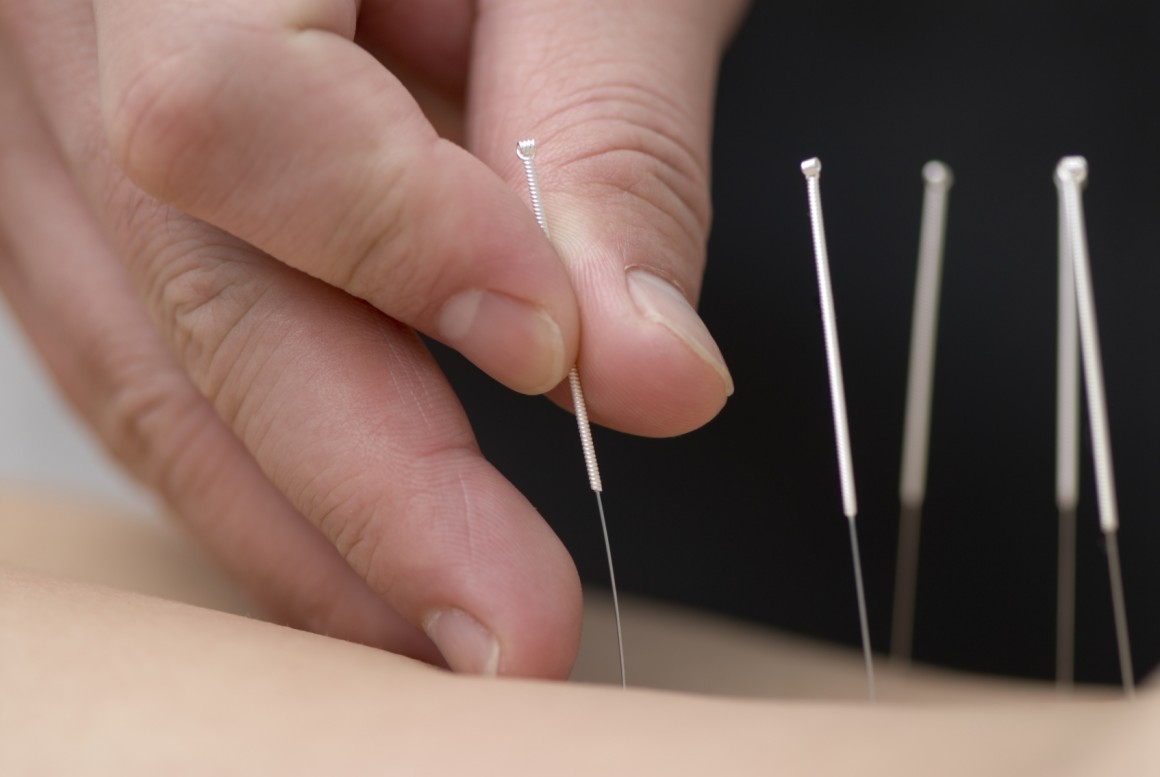Now that scientific evidence has shown many health benefits of acupuncture, the question for consumers remains, “Should I use acupuncture to treat my health condition?” Acupuncture was one of the first complementary medical practices to be approved by most health insurance companies for coverage, with studies finding that acupuncture and acupressure help significantly in the treatment of many conditions. As evidence mounted that acupuncture could be used to treat symptoms of pain, anxiety, mood disorders, to balance hormones, and to improve sleep, researchers began to wonder about the mechanisms of action by which acupuncture worked. The National Institute of Health stated on their website, “Nobody knows how acupuncture works.” Interestingly, there were many acupuncturists at that time in the U.S., who knew quite well how acupuncture works. They simply spoke a different language from medical researchers. Acupuncturists understand the mechanisms of their treatment as working with energy fields that flow through the body, referred to as meridians. While medical researchers explored the biochemical changes in endorphins (the body’s own painkillers), and serotonin (the body’s own mood regulator and a key player in our immune system), and used CAT scans and MRI’s, mammograms, EKG’s and EEG’s to measure the flow of electro-magnetic fields. Interestingly, current studies of magnetic resonance imaging (MRI) are finding that mind-body practices are capable of changing the very structure of our brains. The fact that acupuncture increases serotonin levels by enhancing the body’s own serotonin production and the discovery of the role of serotonin in the immune system may explain why acupuncture is useful in treating numerous conditions. A study by the University College of London Medical School, found that serotonin significantly inhibited bladder cancer cell growth. Eager to find ways to increase serotonin levels for the treatment of cancer, researchers quickly explored the effects of anti-depressant medications such as SSRI’s on serotonin’s anti-cancer effects. The results unexpectedly showed the reverse. SSRI’s actually blocked the beneficial effects of serotonin in killing cancer cells. The question remained, how do we increase serotonin without drugs? One answer is acupuncture (meditation, tai chi and yoga have all also been shown to naturally increase serotonin levels). This may explain how acupuncture may increase rates of survival in patients being treated for cancer. A recent revolution in genetics research has opened up a whole new field of epigentics – exploring the potential for our genes to change in our own lifetime, and for these traits to be passed on to future generations. Exploring the genetics of cancer, researchers have searched for a way to improve the lifespan of the DNA in our healthy cells, while decreasing the lifespan of cancer cells. Many mind-body practices have been shown to increase the longevity of our chromosomes, by increasing levels of an enzyme called telomerase – an enzyme responsible for putting telomeres back on the ends of our chromosomes, thus, effectively, reversing what we have previously thought of as the aging process. But researchers have been concerned that if we increase telomerase levels in cancer cells, these unwanted cells may also persist. An important study by Dr. Omura from the Heart Disease Research Foundation found that acupuncture differentially effects telomerase levels in healthy cells versus cancer cells, causing cancer cells to decline and literally self-destruct, while our healthy cells thrive. Further research should continue to explore the clinical benefits of acupuncture, not just as a palliative option in cancer care, but as part of the protocol for treatment. The summation of current research on acupuncture shows it is helpful for treating any number of conditions and may in fact be beneficial for treating any and all conditions, based on its beneficial impact on the fundamental structures of our brain, genes, cells, endocrine, nervous and immune systems.




